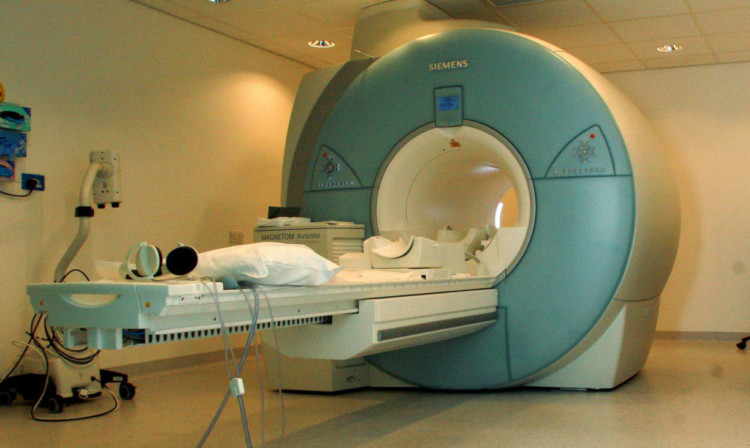Health bosses have been warned against complacency after figures showed a rise in deaths from cancers which predominantly affect women.
The Scottish Conservatives called for a redoubling of efforts, particularly around preventative screening for breast and cervical cancer, to reverse the upward trend.
Official statistics from ISD Scotland show that the 1,063 women who lost their lives to breast cancer last year represented the highest death rate for the disease since 2006.
The figure was 27 more than the 1,036 who died of the disease in 2011 but down from a high of 1,144 in 2005.
A small number of men have also lost their lives to breast cancer over the years.
The 112 cervical cancer mortalities in 2012 was the highest figure since 2005, the statistics revealed.
It was up four on the 108 deaths the previous year, but down from the 127 people who died of the illness in 2005.
The Scottish Conservatives said while “laudable progress” has been made on awareness in relation to both cancers over the years, the NHS and Scottish Government should not become complacent. Screening for both diseases has struggled to meet target levels, the party said.
The Scottish Conservatives have suggested extending the hours in which women can be screened to be more compatible with their busy work and personal lives.
Scottish Conservative health spokesman and deputy leader Jackson Carlaw said: “Terrific work has been done over the years by charities and the NHS to raise awareness around these two potentially deadly diseases.
“But it’s important, as numbers have improved over the long-term, we don’t allow complacency to creep in.
“We can see from these statistics that, in both breast cancer and cervical cancer mortality rates, the numbers are beginning to rise again.
“It’s important we redouble our efforts, particularly around screening, to make sure we can return to the downward trend.
“By making screening facilities more accessible, particularly at evenings and weekends, we would surely be able to encourage more through the door.
“It would be extremely regrettable if decades of hard work on this issue were allowed to slip.”
